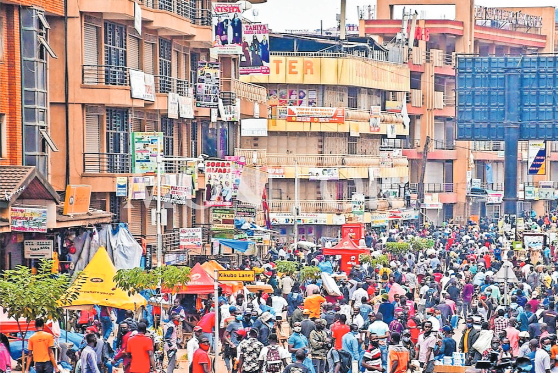Prime
Should Uganda introduce law to castrate child rapists?

Author: Brian Mukalazi
What you need to know:
Another disturbing fact is that most of the perpetrators are actually close family members or friends.
The Daily Monitor of September 12 carried a story titled: ‘Nigeria’s Kaduma passes law to castrate child rapists.” In this amusing and shocking story, it was noted that lawmakers in Nigeria’s Kaduna State had approved surgical castration as punishment for those convicted of raping children under the age of 14.
Similar laws also exist in other countries. For instance, the Czech Republic offers voluntary surgical castration to violent sex offenders while in Indonesia and several states in USA, legal provisions exist for chemical castration, where testosterone levels are reduced in the convicted offenders.
The above laws sound both harsh and controversial and have received mixed reactions in all the countries where they have been implemented.
However, the promoters argue that those laws are necessary to help further protect children from serious sexual abuse crimes. They suggest that castrated sex offenders will unlikely re-offend.
Like in many other parts of the world, child abuse cases, especially rape and defilement, are on the rise in Uganda. Statistics provided by the ICT Minister in August revealed that between March and July (the lockdown months), 21,260 cases of child abuse were reported to police.
In 2019, according to the Uganda Police annual crime report, at least 13,613 defilement cases were reported while rape cases totalled to 1,528. It is also important for us to note that the numbers could be much higher than reported, but many victims choose to stay silent for fear of victimisation.
By the end of 2019, only 5,732 defilement cases were taken to court, out of which 1,021 cases secured convictions, 69 cases were acquitted, 474 cases were dismissed and the rest were still pending and not yet heard.
This simply implies that many of the suspected offenders could easily find their way back into the same neighbourhoods as their victims. Well, I can only imagine the pain and agony experienced by these young souls knowing that their tormentors are just next door.
Another disturbing fact is that most of the perpetrators are actually close family members or friends – the very people who are expected to protect these children. Often, these perpetrators are neighbours, parents, guardians and teachers.
And whereas girls are at a higher risk of rape or defilement and thus requiring more attention, we should also start showing more interest in the silent, but growing number of sexual abuse cases involving the boy-child.
In 2019, the Uganda police indicated that 241 cases relating to defilement of boys were reported.
These little boys silently suffer from extreme forms of sexual injustices and are usually forced to engage in sexual intercourse, with either fellow men or women. Unfortunately, the Ugandan laws currently do not recognise the rape of boys or men!
With its shortcomings notwithstanding, I am one of those individuals who believe that Uganda has a good legal framework, cutting across most sectors, including child rights and protection. The main challenge, as is frequently voiced, remains in the implementation of the enacted laws and policies.
In the end, if there was effective implementation of child protection laws where suspected offenders were duly reprimanded as legally required, perhaps, people like me wouldn’t be forced into thinking about radical and harsh measures such as castration of the child rapists.
Mr Mukalazi is the country director of Every Child Ministries Uganda.




